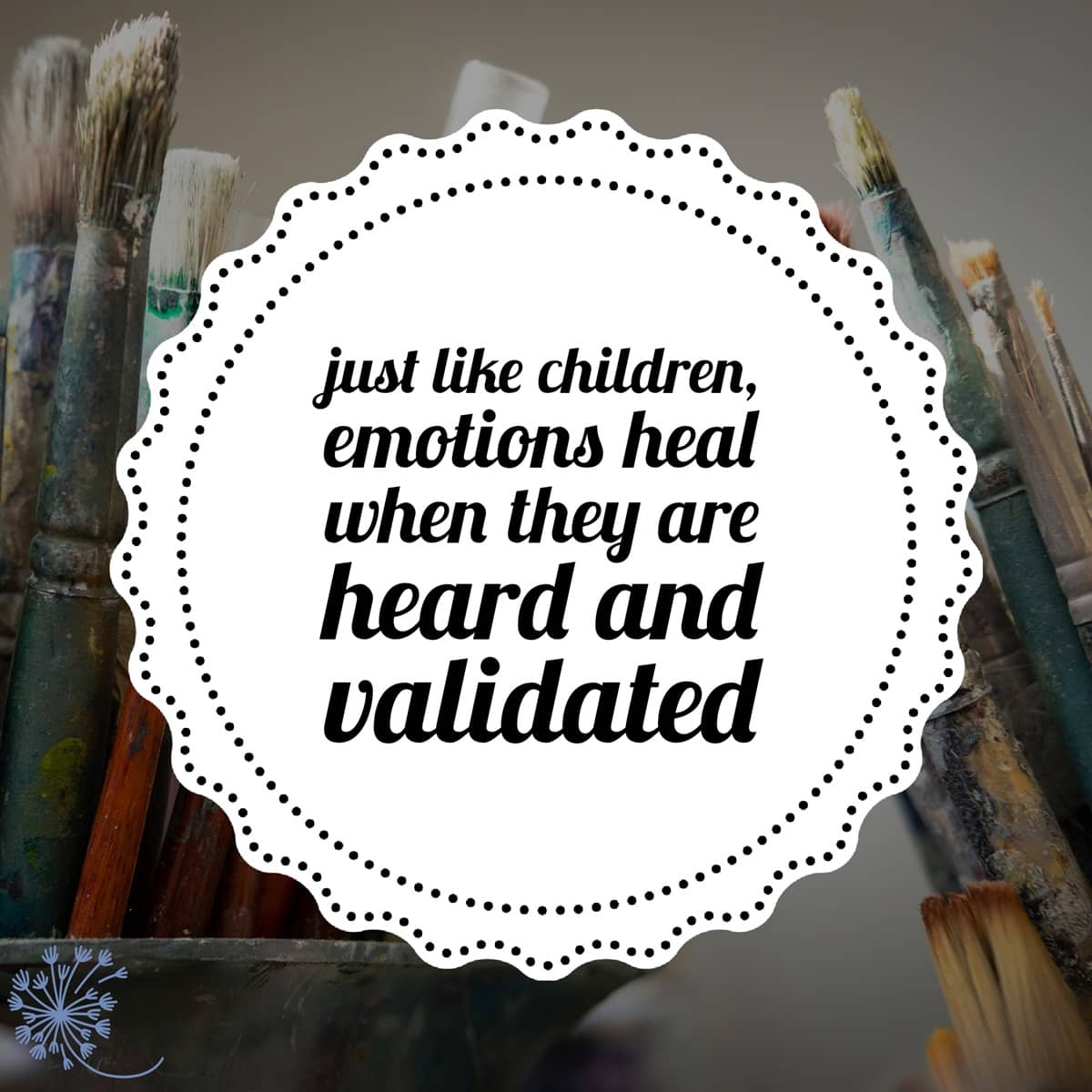Emotional Numbness: The Silent Consequence of Emotional Abuse and Avoidance
Emotional numbness is not just a temporary feeling of detachment or apathy; it is a deep-seated response to prolonged emotional distress.
by Pamela Madsen |
In the bustling city of Atlanta, where life moves at a rapid pace, emotional well-being is often overlooked. Yet, emotional numbness—a state where one feels detached from their emotions—can quietly take root in the lives of those who have experienced emotional abuse or have adopted avoidance as a coping mechanism. As a licensed professional counselor in Atlanta, I often encounter individuals struggling with this issue, unaware of its profound impact on their lives. In this blog post, we will explore the intricate relationship between emotional numbness, emotional abuse, and avoidance, offering insights into understanding and overcoming this challenging condition.
Understanding Emotional Numbness
Emotional numbness is not just a temporary feeling of detachment or apathy; it is a deep-seated response to prolonged emotional distress. It often manifests as an inability to feel emotions—positive or negative. People experiencing emotional numbness may describe feeling “empty,” “disconnected,” or “zoned out.” This numbness serves as a protective shield, guarding the individual from the pain of their experiences, but it also prevents them from experiencing joy, love, and fulfillment.
The Link Between Emotional Abuse and Numbness
Emotional abuse is insidious. Unlike physical abuse, which leaves visible scars, emotional abuse can be harder to recognize and even harder to heal from. It involves patterns of behavior by the abuser that aim to control, belittle, or isolate the victim. This can include constant criticism, manipulation, gaslighting, and neglect. Over time, the victim’s sense of self-worth diminishes, and they may start to disconnect from their emotions as a way to survive the psychological pain.
The human psyche is resilient, and in the face of continuous emotional harm, it may choose to shut down emotionally as a means of self-preservation. This shutdown results in emotional numbness. By numbing the pain, the mind also numbs all other emotions, leading to a life devoid of emotional highs and lows.
Avoidance as a Coping Mechanism
Avoidance is another factor that contributes to emotional numbness. When individuals face traumatic or distressing situations, it is not uncommon for them to adopt avoidance as a coping strategy. This can manifest as avoiding certain thoughts, feelings, conversations, or situations that may trigger painful memories or emotions. While avoidance can provide temporary relief, it does not resolve the underlying issues. Instead, it reinforces the emotional numbness, as the individual continues to evade the full range of their emotional experiences.
Avoidance can take many forms, such as:
- Physical Avoidance: Steering clear of places, people, or activities that might evoke distress.
- Emotional Avoidance: Suppressing or denying feelings, often leading to a disconnection from emotions.
- Cognitive Avoidance: Distracting oneself with work, hobbies, or other activities to avoid thinking about painful experiences.
Over time, these avoidance strategies can become habitual, making it increasingly difficult for the individual to access their emotions, leading to a pervasive sense of numbness.
The Consequences of Emotional Numbness
While emotional numbness may seem like a protective mechanism, it comes with significant costs. Living in a state of emotional detachment can lead to several long-term consequences, including:
- Relationship Strain: Emotional numbness can create barriers in relationships, as the individual may struggle to connect with others on an emotional level.
- Mental Health Issues: Prolonged emotional numbness is often associated with depression, anxiety, and other mental health conditions.
- Identity Crisis: Without access to their full range of emotions, individuals may struggle with a sense of identity, feeling lost or unsure of who they are.
- Physical Health Problems: Emotional numbness can also manifest physically, contributing to chronic stress, fatigue, and other health issues.
Healing from Emotional Numbness
The journey to healing from emotional numbness is not easy, but it is possible. As a licensed professional counselor, I recommend the following steps to begin the process:
- Acknowledgment: The first step is to acknowledge the presence of emotional numbness. Recognizing that something is wrong is crucial for initiating change.
- Therapy: Professional counseling or therapy is essential in addressing the root causes of emotional numbness. Cognitive-behavioral therapy (CBT) and trauma-informed therapy are particularly effective in helping individuals reconnect with their emotions.
- Mindfulness Practices: Mindfulness and meditation can help individuals become more aware of their emotions in the present moment, fostering a gradual reconnection with their feelings.
- Emotional Expression: Encouraging safe and healthy ways to express emotions, such as journaling, art, or talking with a trusted friend, can help break the cycle of numbness.
- Addressing Avoidance: Working with a therapist to confront avoidance behaviors is crucial. This involves gradually exposing oneself to avoided thoughts and feelings in a controlled and supportive environment.
- Building a Support System: Surrounding oneself with supportive and understanding individuals can provide the emotional safety needed to explore and express emotions.
Conclusion
Emotional numbness, while often overlooked, is a significant issue that can stem from emotional abuse and avoidance. It is a protective mechanism that, while shielding individuals from pain, also prevents them from experiencing the full richness of life. Healing from emotional numbness requires courage, patience, and often professional help, but it is a journey worth undertaking. Reconnecting with one’s emotions is not only crucial for personal well-being but also for fostering healthy relationships and a fulfilling life.
If you or someone you know is struggling with emotional numbness, I encourage you to seek help. As a licensed professional counselor in Atlanta, I am here to support you on your journey toward healing and emotional reconnection.







